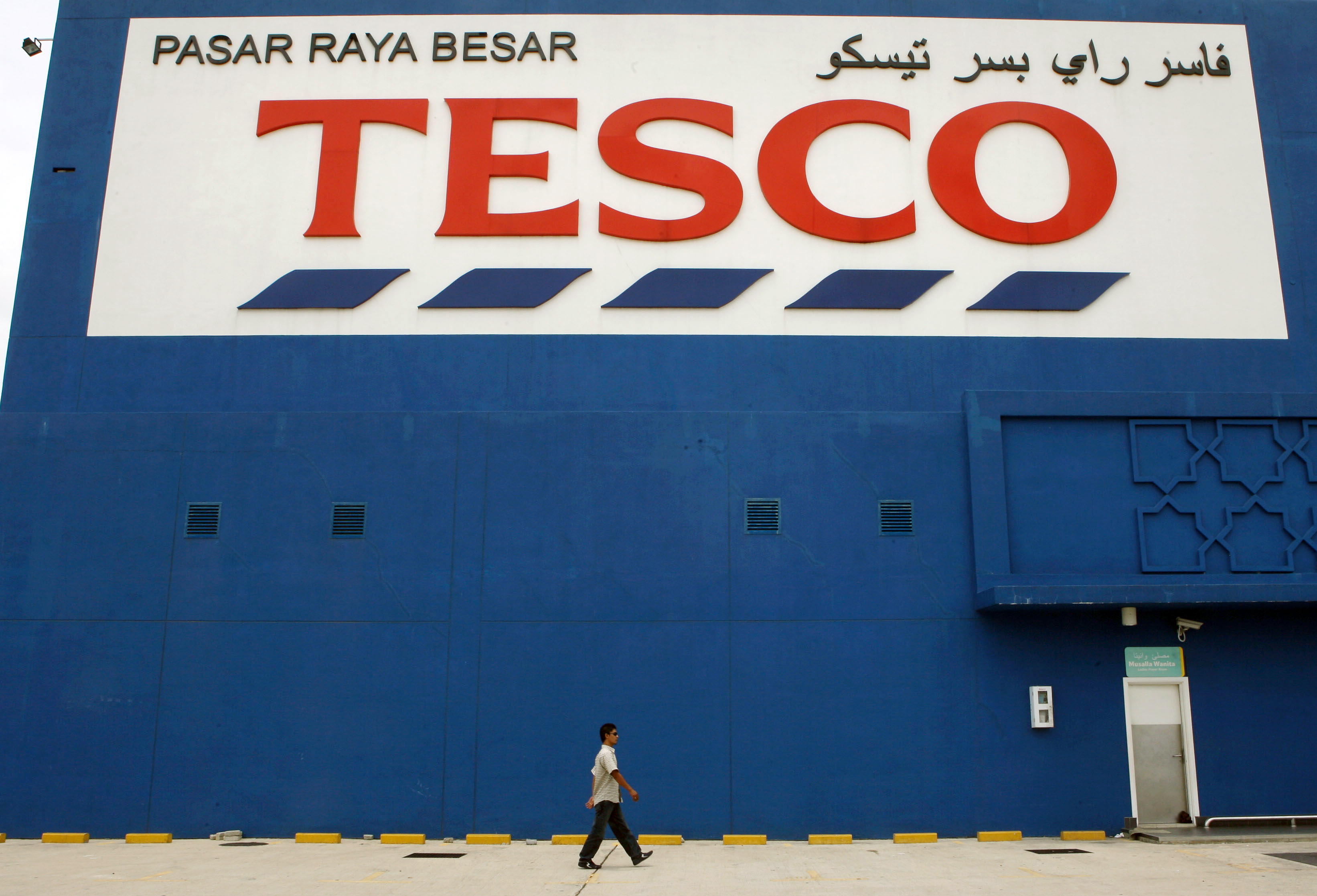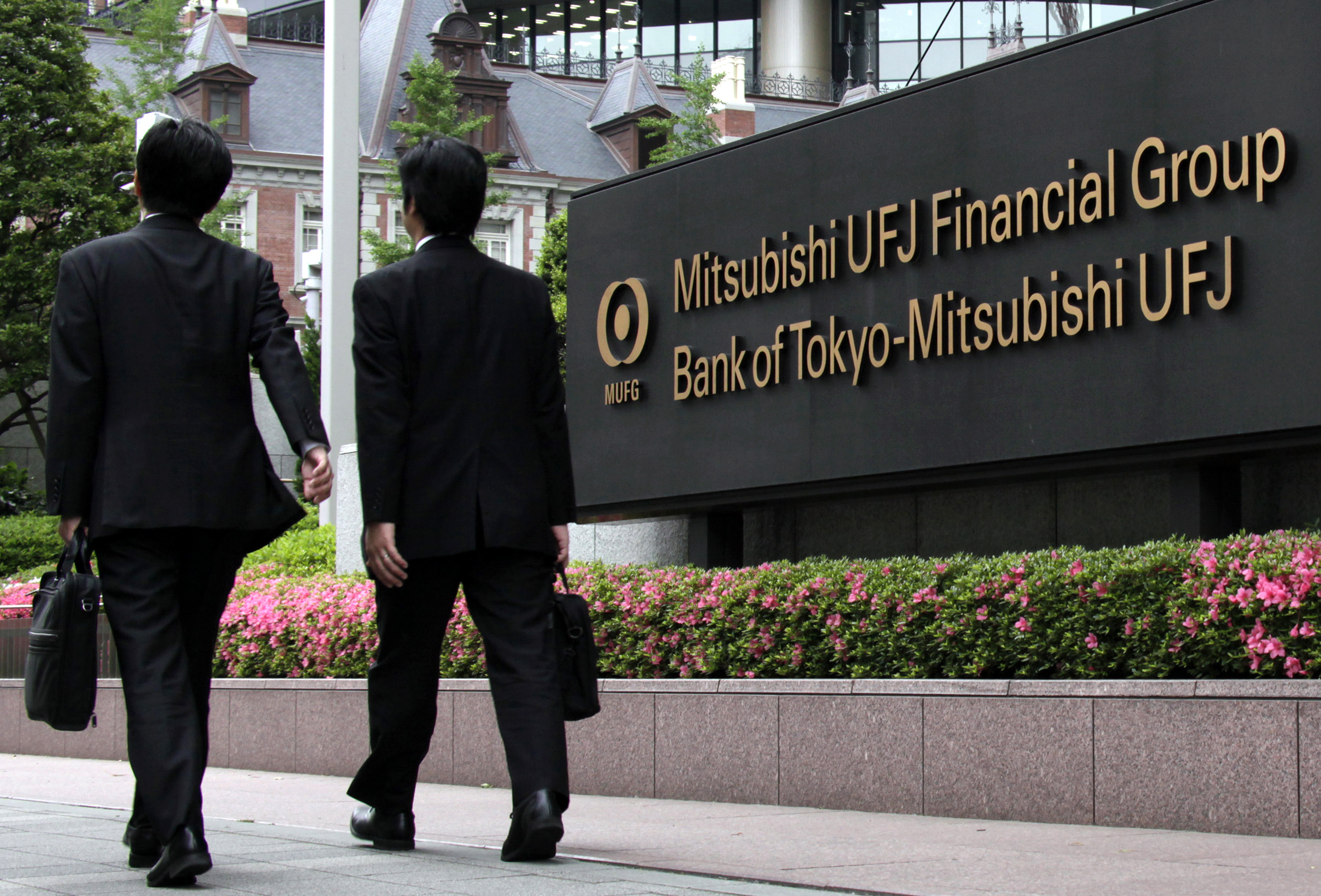
Date: 2024-12-21 Page is: DBtxt003.php txt00012832
Accountability
Errors Happen ... but
5 PwC Scandals Far Worse than Oscar Envelopegate Mix Up
Burgess COMMENTARY
Peter Burgess
Mar. 01, 2017
@going_concern
Public shame
By now, everyone knows that PwC partner Brian Cullinan handed the wrong envelope to Warren Beatty which set off the huge Best Picture fiasco at the Oscars. This is the version that was widely reported on Monday and then confirmed by the firm later in the day. Whether his tweeting was the culprit or not, we'll probably never know, but in the court of the public opinion, it's that distraction that led to the mistake.
The Wall Street Journal got the microscope out for a closer look at Cullinan and, no surprise, he's a smart, affable guy who enjoys his job:
A record-setting javelin thrower at Cornell University, Mr. Cullinan has been considered by Hollywood executives and the city’s nonprofit community to be an affable, professional accountant called in to deliver frank assessments about studio finances. A more than 30-year veteran of PwC, he became known to new audiences since he was named co-leader of the firm’s Oscar balloting team in 2014, and immediately showed himself comfortable with the gig’s showmanship. That year, he walked the red carpet carrying a briefcase of winning envelopes, and had a mock tug-of-war with nominee Cate Blanchett over it.
“He definitely enjoyed that day of being in the spotlight,” said one Hollywood executive who worked with Mr. Cullinan.
The same executive said that the firm loved it too. '[PwC] definitely embraced that dynamic: ‘We’re part of the Oscars ceremony. We’re not just the auditors.'
Can you blame Cullinan? Or the firm? It's show business, after all. Would everyone be happier if the partner was a wooden, joyless, party pooper? Yes, we had no trouble mocking all the gimmicks and hype around it, but they have full-time employees who come up with that stuff. It's their job! Huge companies don't waste these high-profile moments, they exploit them. PwC is no different.
And because we're simply talking about tabulating some ballots and handing envelopes to people, no one thought anything could wrong. Especially PwC. And when it did go wrong, in such spectacular fashion, people relish in shaming those responsible. In this case, that's mostly falling on Cullinan. Not everyone agrees with PwC singling him out, but that's what the firm chose to do.
As a culture, this is what we do now; when regular people make highly visible mistakes, we buckle them in, jeer and whip digital tomatoes at them until the next person worthy of our scorn comes along. The brilliant Jon Ronson wrote an entire book about it and someone should give Brian Cullinan a copy. At this point, he should at least know that he's not alone in this 21st Century version of public humiliation.
Elsewhere: 5 PwC Scandals Far Worse than Oscar Envelopegate Mix Up
----------------------------------------------------------------

89th Academy Awards - Oscars Awards Show ... February 26, 2017 in Hollywood. © Lucy Nicholson / Reuters
Writer and Director Barry Jenkins of 'Moonlight' holds up the Best Picture Oscar in front of host Jimmy Kimmel (rear) as he stands with Producer Adele Romanski (R) at the 89th Academy Awards on
accounting
5 PwC Scandals Far Worse than Oscar Envelopegate Mix Up
The PriceWaterhouseCoopers’ Oscar mix up has dominated social media the last couple days, with many saying Envelopegate could be a major hit to PwC's long-term reputation. But there is some good news for PwC: The accounting firm has actually been party to many worse business scandals, and in its core business of accounting, rather than counting votes, and yet PwC's reputation, until now, seems to have emerged just fine. So there's a good chance the global accounting firm will be able to weather the Oscar mishap as well.
Fortune reached out for comment to PwC for this story, but the voicemail for company's spokesperson was full and no long accepting messages. PwC did not reply to an email requesting comment.
Here are the five big scandals that PwC has been wrapped up in that should be a much bigger deal than Envelopegate:
------------------------------------------------------------------

Tyco
PwC agreed to pay $225 million to Tyco shareholders in 2007 for failing to identify the massive fraud at the company. As Tyco’s auditor during the period from Dec. 1999 to June 2002, PwC failed to notice that the company overstated its income by $5.8 billion, which ended up costing investors an estimated $10 billion when the fraud was brought to light. Although no one at PwC was ever charged criminally for their involvement in the fraud, prosecutors did leverage the threat of such prosecution to coerce cooperation that ultimately led to the convictions of former Tyco CEO Dennis Kozlowski and former CFO Mark Swartz for grand larceny, securities fraud, conspiracy, and falsifying business records. Swartz and Kozlowski were released from prison in 2013 and 2014, respectively.
------------------------------------------------------------------
A pedestrian walks past a Tesco Plc hypermarket in Kota Bhar Photo by Bloomberg—Getty Images
Tesco

With PwC looking on as an auditor from 2012 to 2014, the British supermarket chain Tesco overstated its profit by around $300 million. Shares of the company on the London stock exchange plummeted, dropping Tesco’s value by at least $2.3 billion. The company now faces several lawsuits for hundreds of millions of dollars and three high-level members of management have been hit with criminal charges in the wake of the misconduct. Tesco ended its 32-year working relationship with PwC in 2015 because of its inability to suss out the funky accounting practices.
------------------------------------------------------------------
Taylor Bean & Whitaker
PwC settled for an undisclosed amount with Taylor Bean & Whitaker Mortgage over PwC’s failure to properly vet mortgage documents, leading to Taylor Bean’s bankruptcy in 2009. Taylor Bean was originally seeking $5.5 billion in damages, so the settlement was likely a hefty one. At the heart of the issue was Colonial Bank, which employed PwC to audit transactions and bought the faulty mortgages from Taylor Bean. Starting in 2002, Taylor Bean gave fraudulent mortgage information to Colonial Bank, a scheme that consisted of $1.5 billion in fake or distressed mortgages by 2007. In a bit of specious reasoning that must have had some merit based on PwC’s settlement, Taylor Bean’s lawsuit accused PwC of not doing its diligence in vetting the documents, which allowed the fraud to grow over the years until it ended up swallowing Taylor Bean. Six executives of Taylor Bean were ultimately jailed for their roles, including the former chairman Lee Farkas.
------------------------------------------------------------------
Mitsubishi UFJ Sees Profit Increase of 2.9% to $7.4 Billion

Businessmen walk past a sign at the headquarters of the Bank of Tokyo-Mitsubishi UFJ Ltd. in Tokyo, Japan, on Monday, May 16, 2011. Bloomberg Bloomberg via Getty Images
Bank of Tokyo-Mitsubishi
PwC settled with the New York State Department of Financial Services on a $25 million fine in 2014 for whitewashing a 2008 financial statement at the request of the Bank of Tokyo-Mitsubishi. The statement implicated the bank in $100 billion worth of money laundering for Iran, Sudan, and Myanmar, which were blacklisted by the U.S. for their roles in terrorism or human rights abuses. In its report submitted to regulators, PwC deleted the English translation of damning instructions given to Bank of Tokyo-Mitsubishi employees and significantly watered down the language when describing the bank’s illegal transactions, as well as failed to make issue of several key forensic questions relating to its review. For its part in the mess, the Bank of Tokyo-Mitsubishi settled with the Department of Financial Services for $250 million.
------------------------------------------------------------------
MF Global

Former Gov. Jon Corzine testifies at a Senate Agriculture,
Jon Corzine Photograph by Stephen J. Boitano — LightRocket via Getty Images
PwC is currently being sued for $3 billion by MF Global for allegedly providing bad advice on a 2011 deal that would later end up bankrupting the company. MF Global invested $6.3 billion in the debt of troubled European nations in 2010 and, based on some tricky accounting recommendation by its staff and PwC, thought it would need far less capital than it had on hand to hold against the bonds. Regulators felt otherwise, and once word of the trouble broke, Moody’s Investor Services downgraded MF Global’s debt and shares of the company plummeted. Within weeks, the company filed bankruptcy due to a mass exodus of customers and margin calls from creditors. PwC has already paid $65 million in 2015 to settle suits filed MF Global shareholders.